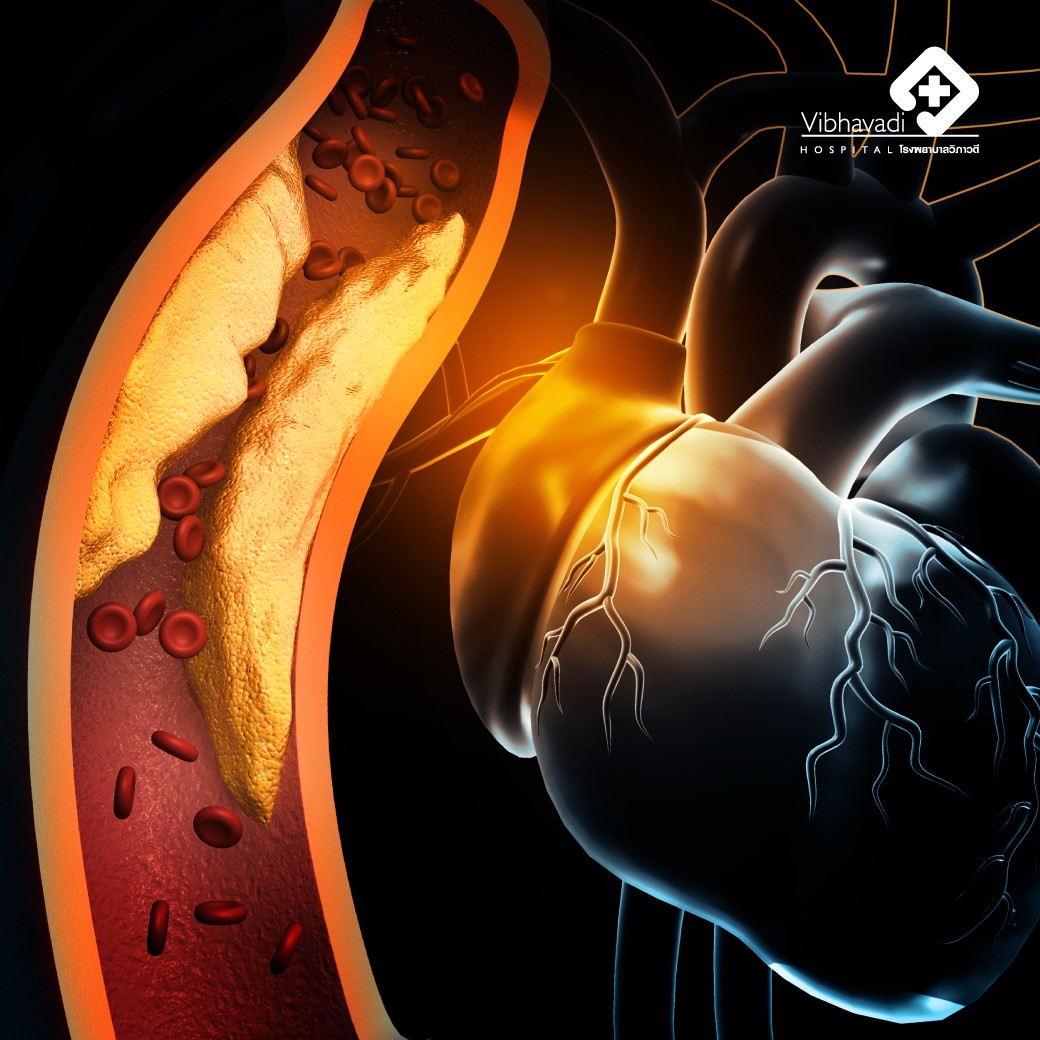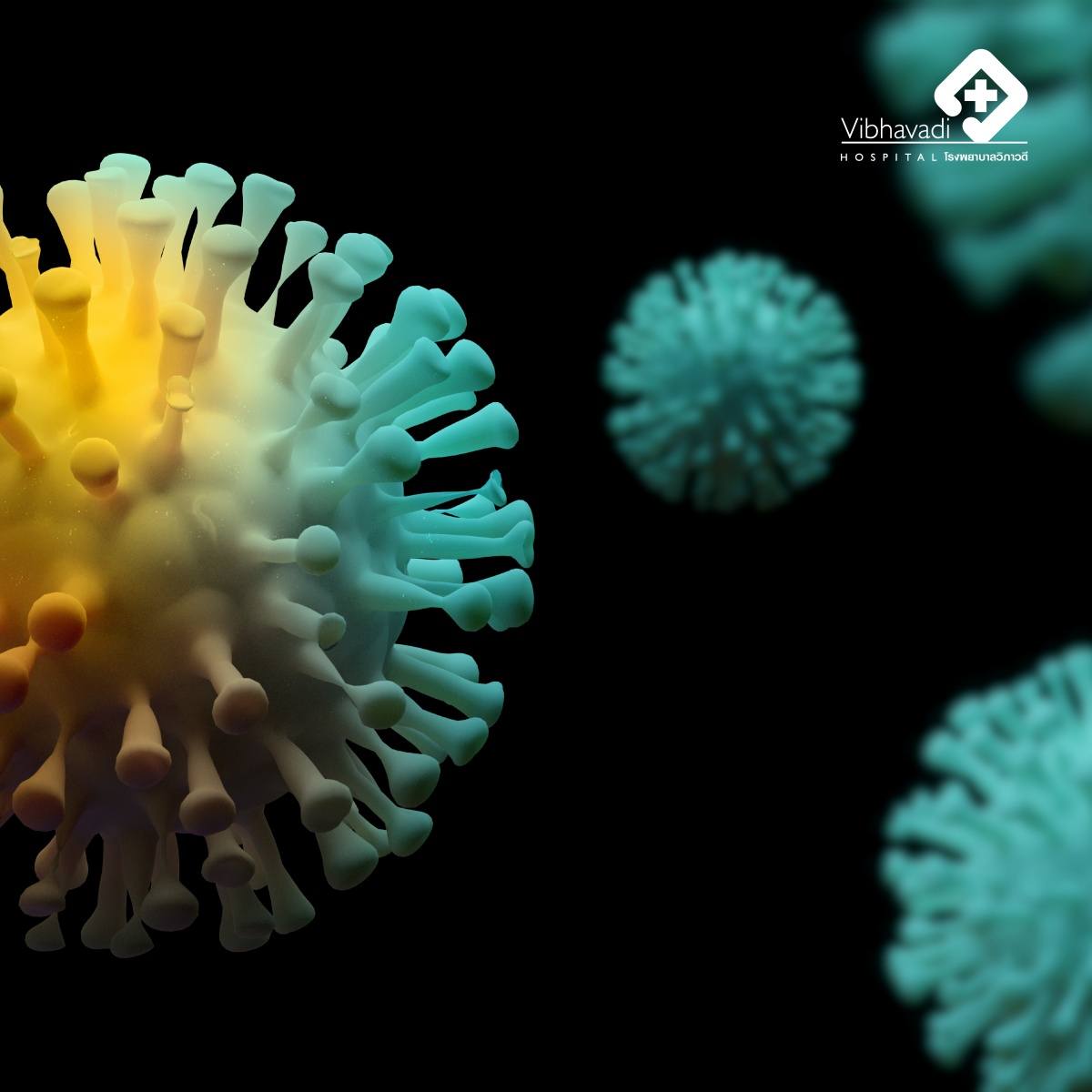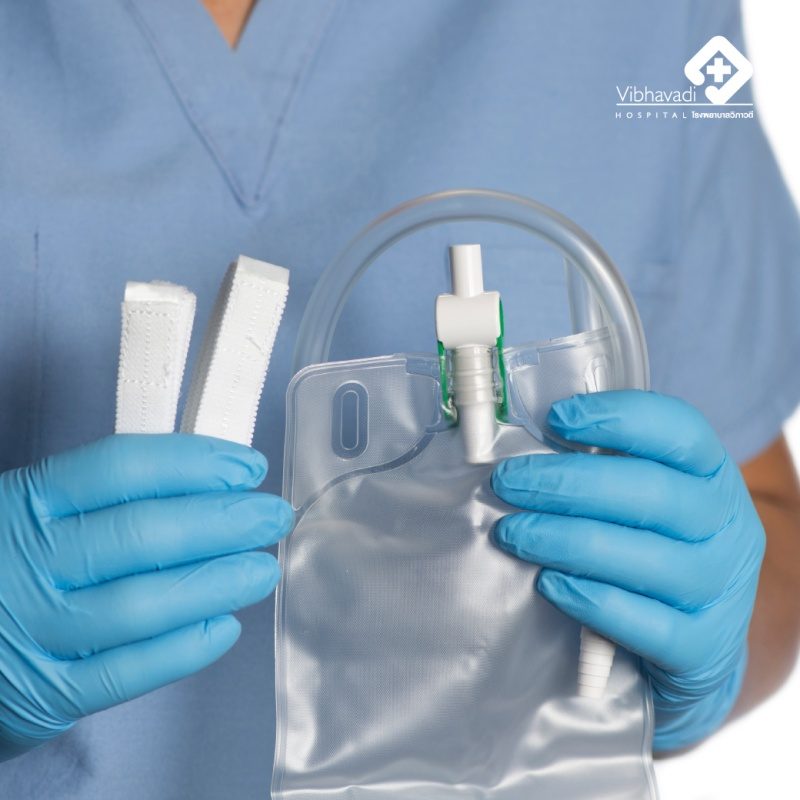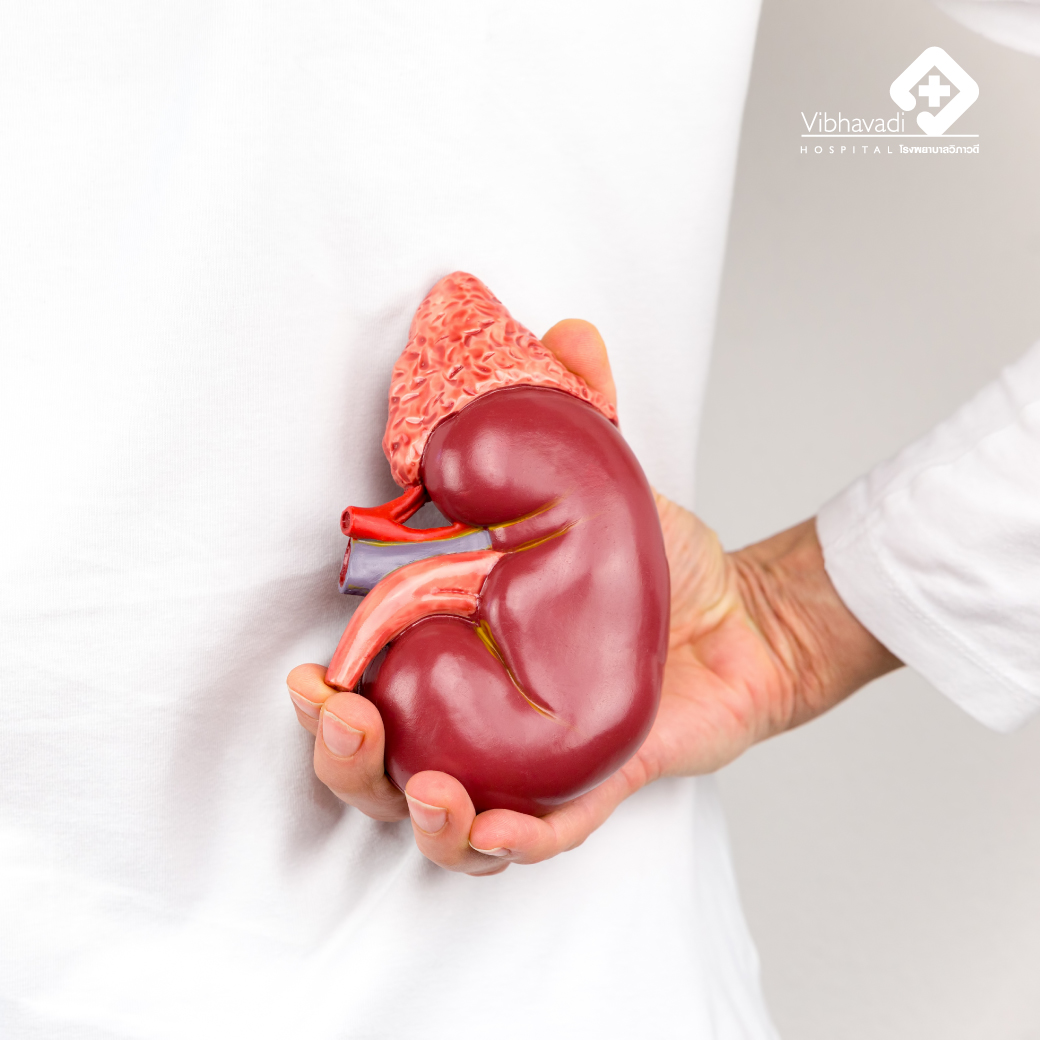Body Dysmorphic Disorder (BDD)
Body Dysmorphic Disorder (BDD)
Body dysmorphic disorder is a condition in which a patient is preoccupied with perceived defects or flaws in their body or appearance, despite the fact that they may look normal or close to normal. Those suffering from this disorder have intense, obsessive thoughts and will often spend a long time repeating behaviors such as looking in the mirror, seeking reassurance, and spending long periods of time doing makeup and hair. This can have a serious effect on their daily life, work, family, and society, with many seeking out a doctor for a solution by requesting surgery, and in extreme cases, may lead to depression or even suicide.
Most people in the world today have a tendency towards narcissism or egotism. However, there are very few people who suffer from the mental health disorder known as Low Self-Esteem. This condition is characterized by an individual constantly viewing themselves in a negative light, believing that they are not attractive or worthy, and having frequent intrusive thoughts about their own perceived inadequacies.
Cause of BDD
The exact cause of this disease is still unknown, however, the factors that are thought to be involved in causing this disease include:
- a hereditary or family history of Mood Disorder
- a malfunction in the system of Serotonin, a type of neurotransmitter
- a history of Obsessive-Compulsive Disorder
- cultures and societies where beauty is emphasized
- suffering during childhood, such as being teased, bullied, or scolded; having a history of skin or other physical conditions that cause embarrassment, such as teenage acne
- a wound in the heart; being female
- being single or divorced; and having no job
- Additionally, examinations with a magnetic resonance detector (MRI) have found that the left side of the brain is used more than normal people, and people who use the left side of the brain tend to be serious, easily stressed, straightforward, and lacking flexibility.
Patients often visit other medical departments, such as Cosmetic Surgery, more frequently than they visit psychiatrists, which can lead to them not receiving an accurate diagnosis.
The patient's negative self-image and apprehensions concerning socialization can lead them to seek a change in their appearance through makeup, beauty and plastic surgery treatments. Despite the physical change in appearance, this does not necessarily decrease the patient's anxious thoughts. For instance, some people have had nose jobs performed five times, while others have had breast augmentations, cheek augmentations, and chin injections in order to make their features look sharper and more defined.
Therefore, cosmetic surgery requires great caution in treating patients in this group. Because the symptoms will remain the same or get worse after surgery, it was found that 50% after surgery, if the patient is satisfied with the results of the surgery, they will change to worry about other parts of the body instead.
Visiting a dermatologist's clinic often causes patients to be most concerned with the appearance of their face, particularly any skin issues such as acne. Adolescents also may feel they are being looked down upon or made fun of if their skin is not flawless, and this can lead to them feeling embarrassed and refusing to go to school or socialize.
Parents and medical professionals should be aware of the symptoms associated with these diseases. Doctors should avoid performing cosmetic procedures on this population, as these will not address the underlying issues related to mental health; instead, psychiatrists should be consulted in order to provide the most comprehensive and effective care.
In case the MRI results show that the left hemisphere is more active than the right hemisphere, that is the pattern of left brain activity. It is usually associated with being a logical, analytical individual who is a serious person, easily stressed, straightforward and lacking flexibility - comparable to a ruler being stiff, straight and hard but fragile and easily broken. On the other hand, if the right hemisphere is very dominant, the person is likely to be a dreamer, constantly in a state of delirium and rarely accomplishing anything in the real world. To have perfect mental health, it is necessary to have balance between the two hemispheres of the brain, like a smudge stick combining two elements to create something new.
Ways to help people use both hemispheres of the brain in balance:
- Practicing music can help to train both hands and arms, as they both require different skills.
- Exercise and playing sports regularly can help to break up any monotony and add variety to our daily lives.
- Planting trees or flowers
- Raising animals without confinement and providing them with appropriate nutrition is an important practice.
- Participating in activities such as breathing exercises, tai chi, yoga, and qigong can help to promote relaxation and mindfulness.
- We must accept that humans are indeed imperfect and learn to be comfortable with our flaws.
- To further this, one should strive to think positively and work towards doing at least one good deed per day before bedtime. Additionally, complimenting the good qualities and deeds of others can help to spread feelings of positivity and show appreciation.
Diagnosis in this group
The following screening questions should be asked to help diagnose BDD:
- Have you ever spent a lot of time worrying about your physical appearance?
- What part of your body do you find unattractive?
- Do you feel that this part makes you look ugly?
- Are you having difficulty finding a romantic partner?
- How much more noticeable do you think this part is compared to other parts of your body?
- How many hours do you spend a day mulling over this part?
- Is it making you feel uneasy?
- How frequently do you check that part (by looking in a mirror or other reflective surface, or by touching it)?
- How often do you concern yourself with this part when you are in social situations?
- Does this issue make it difficult for you to date or to form close friendships?
- Does it impede your ability to study, work, or carry out day-to-day activities?
Care for this group of patients
A person who is struggling with mental health issues should seek help from a psychiatrist, who may recommend a combination of medication and Cognitive Behavioral Therapy (CBT) as a treatment plan.
Physician
Dr. Anekwich Temboonkiet, M.D.
Dr. Anekvich Temboonkiat
Psychiatrist at Vibhavadi Hospital















